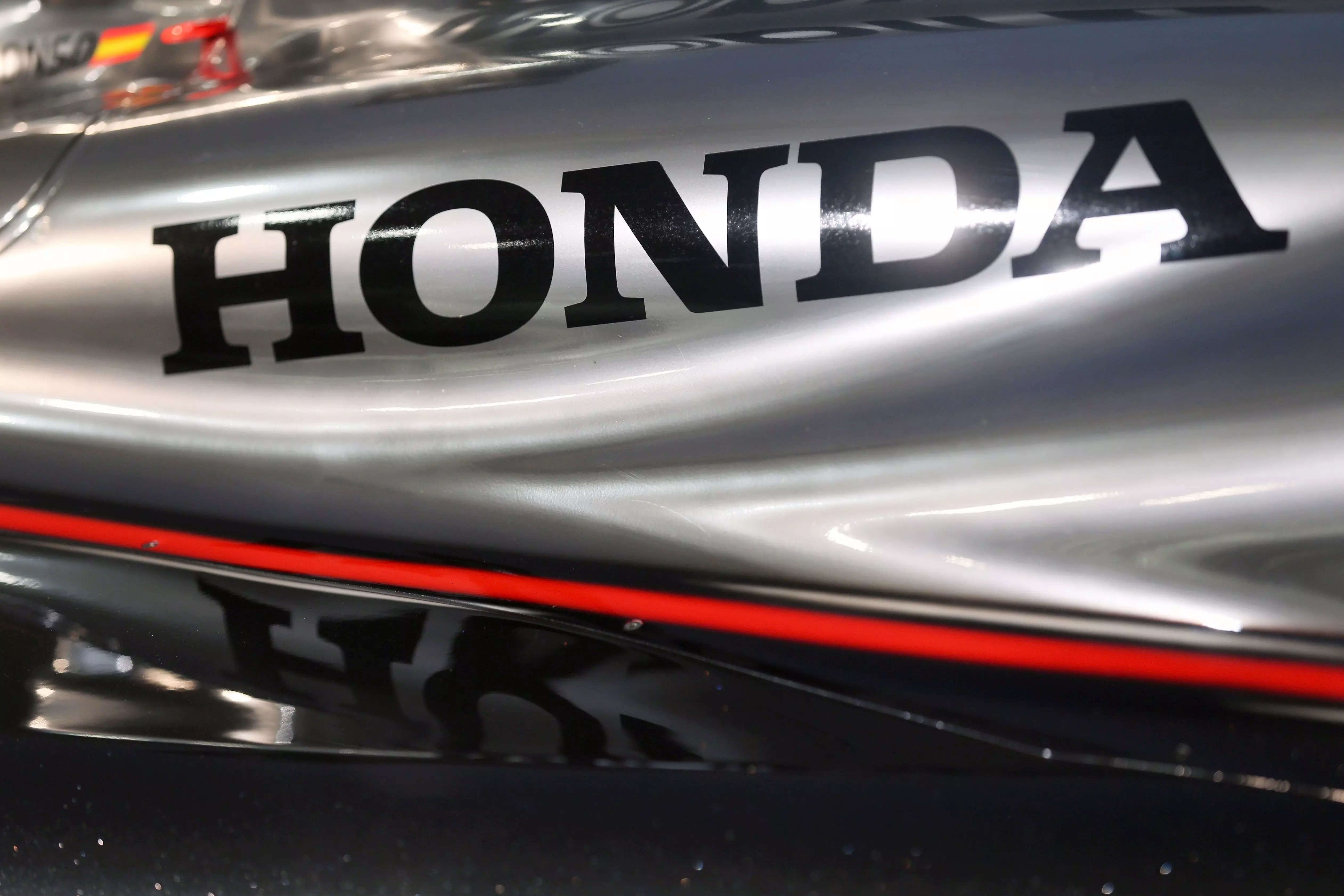“Our strategy is to achieve carbon neutrality by 2050. To achieve that, we have milestones set for 2030-35 and 2040…For Honda, the Indian market is a big market and it is the market where electrification is rapidly progressing for both cars and two-wheelers,” he said.
Underlining the significance of India, Asian Honda Motor Co President & CEO and Head of Regional Operations (Asia & Oceania) Toshio Kuwahara said,”The Indian market is quite important for us because of its scale. It is already number seven in the world for us (in terms of units sold).”
Excluding China, he said,”When we look at the Asia Pacific region, electrification or the market for electric vehicles is going to be critical and because India is an important one, we think that there should be an emphasis on India as well.”
With the restructuring of its operations in India behind, Honda had in June this year announced plans to launch five new SUVs, including a fully electric model, in India by 2030 as it tries to revive its fortune in the country, where SUVs have been the fastest growing segment in the passenger vehicles segment.
Out of the five models, the company has recently launched its mid-sized SUV Elevate. As part of the restructuring exercise, Honda has stopped production at its Greater Noida plant and offered voluntary retirement schemes to employees. It now rolls out vehicles from the Tapukara plant in Rajasthan. When asked about investments on the new launches and the company’s electrification programme, Honda Cars India Ltd President & CEO Takuya Tsumura said,”Our target is to launch a battery electric vehicle within the next three years, so naturally, there will be some amount of investment for them. Our plan is to keep progressing, pushing forward our electrification.” However, Tsumura said,”In terms of any specific amount of investment today at this moment, we can’t really disclose that.” He also said as for powertrains and the acceleration of electrification for Honda in India, the company will follow its global policy.
When asked about the possibility of partnerships at a global level, like the ones between Toyota and Suzuki and Renault and Nissan, Mibe said,”Basically, what we believe is that as long as we can ensure the win-win relationship between the two companies, I think the alliance is valid.”
He cited the example of Honda’s partnership with General Motors (GM) for electric vehicles, besides the alliance between Cruise, GM and Honda to begin a driverless ride hail service in Japan in early 2026.
“With GM we do not have any capital or investment relationship with each other. (In terms of alliances) it is not limited to GM. As long as we can find win-win benefits for both companies, I think there will be a possibility of various kinds of alliances. Going forward, for us wherever we can find a benefit, there could be something like that (alliance),” Mibe said.


